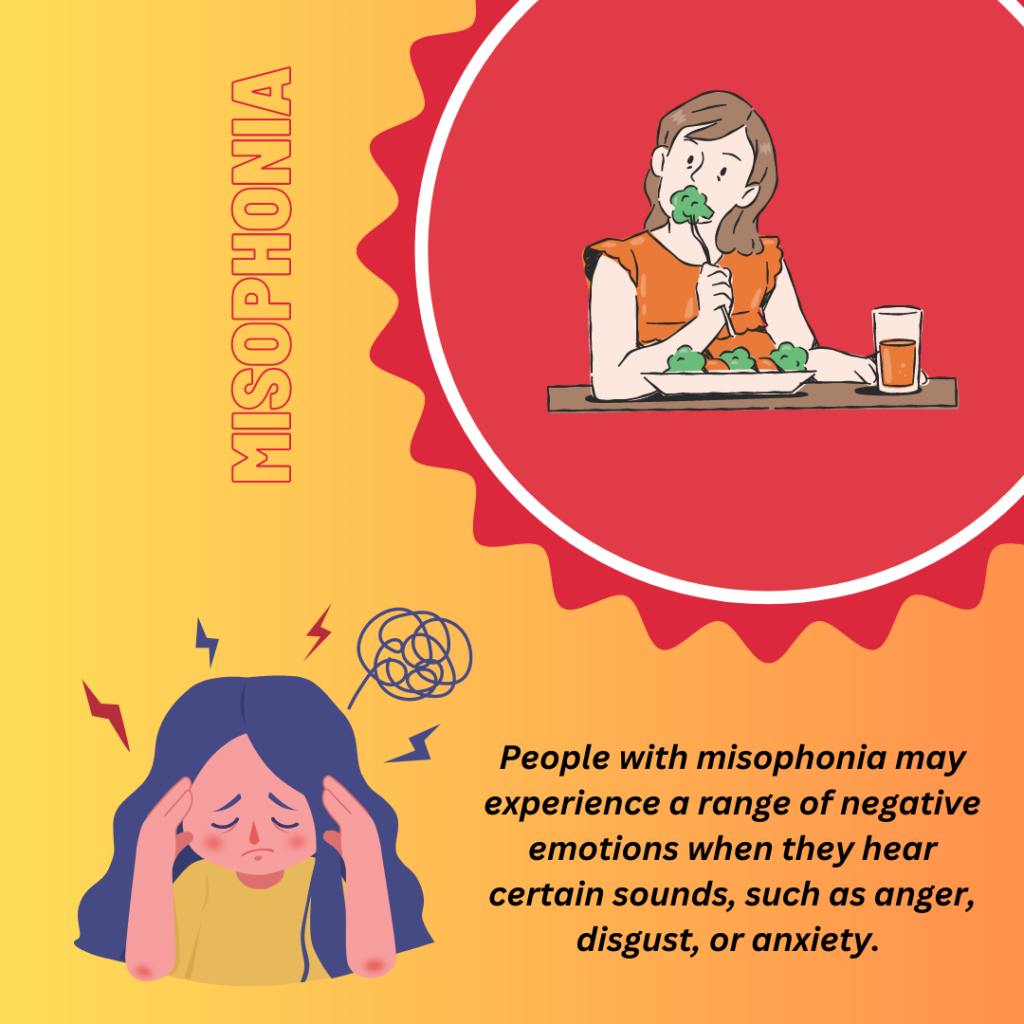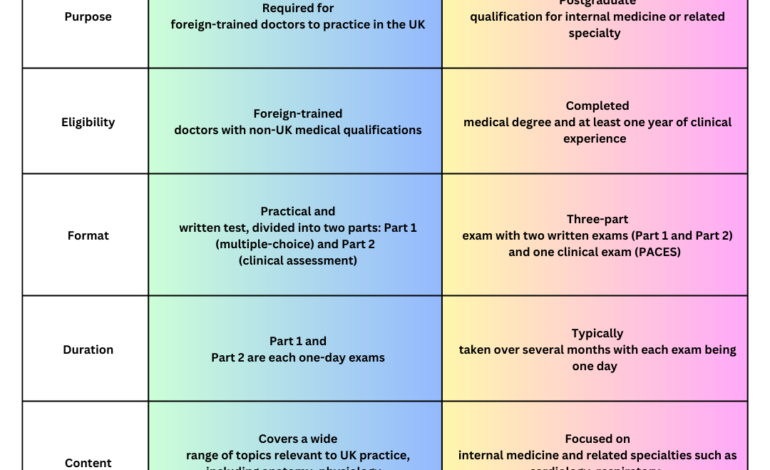The sound of others eating can be unpleasant or annoying to some people, and this reaction is known as misophonia. Misophonia is a condition that causes a strong negative emotional response to certain sounds, such as the sound of eating, breathing, or typing. The exact cause of misophonia is not fully understood, but it is thought to involve a dysfunction in the brain’s processing of auditory stimuli.
People with misophonia may experience a range of negative emotions when they hear certain sounds, such as anger, disgust, or anxiety. These reactions can be intense and may interfere with the person’s daily life.
If you are bothered by the sound of others eating and it is causing you distress, it may be helpful to speak with a healthcare provider or mental health professional for support. There are also strategies that you can try to help reduce your sensitivity to the sounds, such as using earplugs or headphones, or finding ways to distract yourself when you are exposed to the sounds.
Characteristics and prevalence of misophonia
Misophonia is a relatively common condition, affecting an estimated 20% of the population. It usually develops in late childhood or early adolescence, and tends to be more common in females than males. Misophonia can have a significant impact on the quality of life of those who experience it, and can lead to social isolation, anxiety, and depression.
Theories and causes of misophonia
The exact cause of misophonia is not fully understood, but it is thought to involve a malfunction in the way the brain processes auditory stimuli. Some researchers believe that misophonia may be related to other neurological disorders, such as obsessive-compulsive disorder (OCD) or Tourette’s syndrome.
Emotional and physiological reactions to eating sounds
People with misophonia may experience a range of negative emotions when they hear certain sounds, such as anger, disgust, or anxiety. These reactions can be intense and may trigger a fight-or-flight response, which can cause physiological symptoms such as increased heart rate and sweating.
Coping strategies for misophonia
There are several coping strategies that people with misophonia can try to help reduce their sensitivity to eating sounds. Some of these include:
- Using earplugs or noise-cancelling headphones
- Avoiding situations where eating sounds are likely to occur
- Finding ways to distract oneself when exposed to eating sounds
- Techniques for calming the mind and body include meditation and deep breathing.
- Reaching out for help from loved ones or a professional mental health worker
Treatment options for misophonia
While there is no cure for misophonia, there are several treatment options that may be helpful for some people. These include:
- Cognitive behavioral therapy (CBT), which can help individuals learn to change their thoughts and behaviors in response to eating sounds
- Medications, which may help reduce the severity of symptoms in some individuals
Q: Is misophonia related to sound sensitivity or hyperacusis?
A: While misophonia can be considered a form of sound sensitivity, it is distinct from hyperacusis, which is a general sensitivity to all sounds, rather than just specific triggers.



